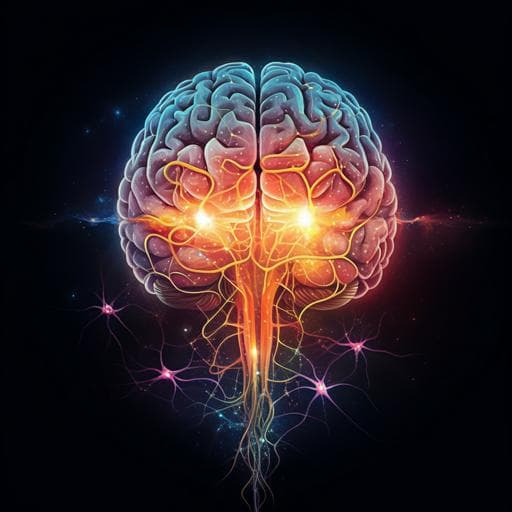
Medicine and Health
Rapid neuroplasticity changes and response to intravenous ketamine: a randomized controlled trial in treatment-resistant depression
J. Kopelman, T. A. Keller, et al.
This groundbreaking study by Jared Kopelman and colleagues uncovers how rapid neuroplasticity changes may influence the response to intravenous ketamine in adults with treatment-resistant depression. Discover how ketamine's transformative effects are linked to gray matter microstructural alterations and what this means for future treatments.
Related Publications
Explore these studies to deepen your understanding of the subject.







